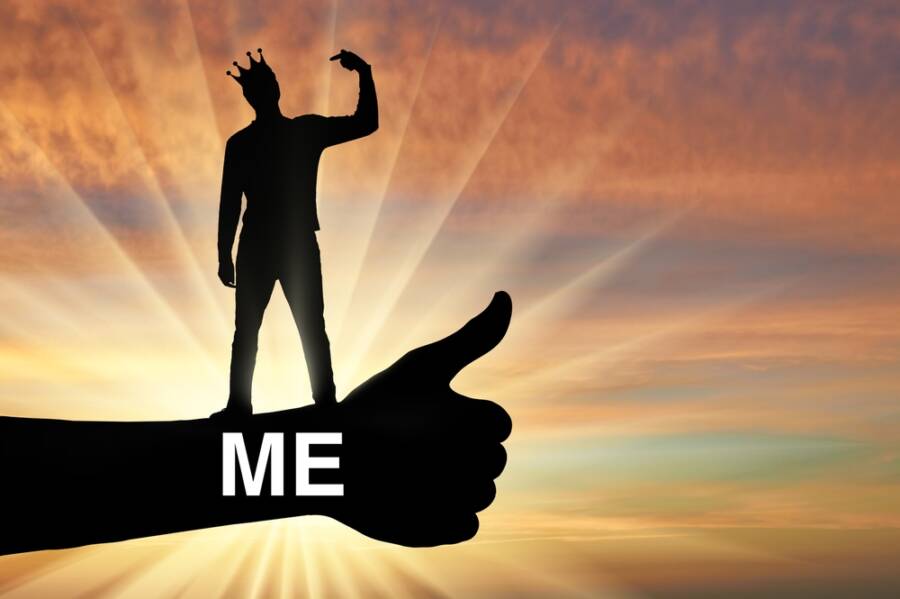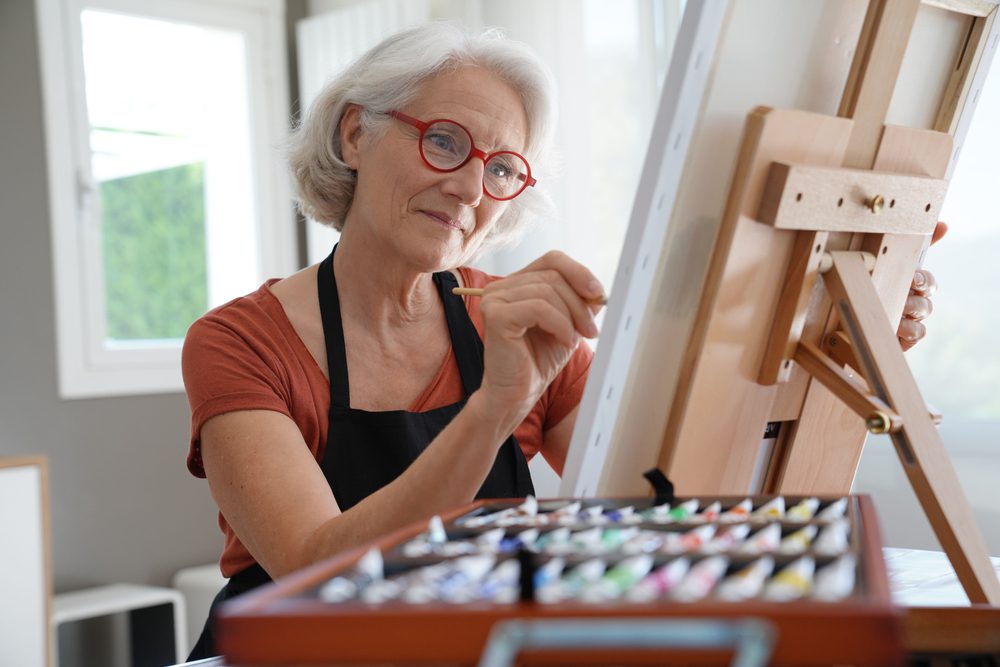These are the things I learned in my first year of being a widow.
One year ago, I lost my husband. It felt like a nightmare and it still feels like this sometimes. It took me a lot of time to assimilate it.
Recently, I needed to face my emotions and deal with the painful anniversary that opened some unhealed wounds. I needed to feel them, to work on myself, to accept my feelings, and to have another vision, other than being a widow.
This year was tough, but now, reaching the end of it, I can say that letting myself embrace the grief has brought some progress in my life—progress I refused to see or to believe it could happen. I remember refusing to go to therapy too.
Then I realized this is not how he would want me to be. I needed to remain the same soulful person and find a reason to still enjoy some little things on Earth.
7 things I learned in my first year of being a widow:

1. It’s worth living.
Along the way, I learned a lot about myself and about the limits that we can push as humans. The difficulty of being a widow made me share it with the world, and the impact of this article is going to be different for each person.
Losing someone you love is for sure alienating you. In the first weeks, I couldn’t find a reason to live anymore; I couldn’t imagine how life could continue and what my days were going to look like.
The pain was unbearable, and looking back, it needed a lot of strength of character to be able to survive. I was reaching for him before sleeping, sometimes forgetting about his absence and having conversations with him in my head that I was expecting to share in real life.
I see it now as proof that I can handle difficult situations.
Sometimes life makes you face things that you don’t have control over, and all you can do is deal with them and your own emotions in the best possible way.
2. Companions shift
Not only did I need to get used to the loss of a loved one, but I also felt left behind by people I considered to be my friends.
Again, I found out there were my own expectations as the foundation of my disappointment, and this is how I learned to have less idealistic visions of the people in my life, to see them how they are, and most importantly, to accept them as they are.
On a higher level, this was a cause-and-effect for accepting everything that happens around me as it is.
After this revelation, which needed a lot of shadow work, I started to have in my life new people who created my new inner circle. Being grateful for the little things and letting go of negativity was a real shift of perspective and improved the quality of my life.
3. The pain will not go away.
Another thing I started to accept was that the pain would not lessen. I still have moments when I allow myself to cry, but in a different way.
What I learned was to isolate the pain of losing my husband from other feelings of solitude, fear, or anxiety. Coping with the rest of them lets you deal with the biggest wound, which is visibly bleeding, and all you can do about it is get used to it and try to prevent other cuts.
4. Losing myself for a while was not a bad thing.
Marking one year made me see the differences between my old version and the person I am today. When my husband was gone, the old me left with him. The Tower Moment I passed really led into something new, so it’s true that chaos comes with profound change.
The new me is quite familiar, but she possesses a higher understanding of the world.
I always believed that my husband was the wise one, and I think he would be proud to see me at a new level of wisdom and clarity.
5. Face the new road without him.
The anticipation anxiety is something I still need to work on, along with plenty of other revelations that will come my way.
I’m not going to lie: discovering my new truth feels lonely. Seeing all the progress I’ve made only makes me want to be able to share it with him. And I do, in my way.
My heart pounds thinking about facing year two, and I see a long road ahead, but the key is to be present in the moment and see a new understanding in everything, because if you are still on Earth, you are here with a reason.

6. Depression is real.
With all the new understanding and the progress made, there are still moments when I feel down, when the pain takes over, and I just let it overwhelm me for a while, but I still have it under professional control.
Depression is real because there are some things you can’t deal with by yourself, so getting support and help for it is the right way to take care of yourself.
You can at least read about it, this is one of the books that gives you a first view about depression.
The attitude of gratitude is keeping me functional, but I know the road is way longer.
There are people who are advising me that the second year will be even more difficult. I can’t say yet, but I know this year has tested me a lot. I have already made the decision to trust life and follow the path as it is.
7. The grief amnesia is real.
The grief amnesia is also real. It comes in the moment when something with a big impact happens. It can be joyful, as the kids are doing something amazing, or there can be moments when I’m afraid or I feel a strong emotion that causes a swift swiftness of spirit, and I forget for a second that my husband is gone.
The next action I want to take is reach for him, call or text him to tell him right away—the most common actions I used to take. It all happens in a millisecond and it clearly takes my breath away.
I learned to understand it, and I see it as a core protection by not always remembering that he’s gone and I’m a widow.
Loss leaves you in pieces, vulnerable, and exposed. You may even suffer from the stigma of being a widow. But when you pass those raw moments, you start to learn what’s worth using energy for, what’s worth working for, and what’s worth crying for.
I can honestly say that there is less drama in my life than ever. I managed to gain a positive perspective, and even if I don’t know what the future holds for me, I set the intention of making my life matter.
I learned to love more, to spread love, to help more, and to stand up for myself and for other people, and not just see myself as a helpless widow.
I learned to appreciate and be grateful for the little things, and even to laugh more. I managed to make the difference and see the things that really matter, because there are things worth living for.
I’m aware of the new challenges that may come, and I have faith that I’ll be able to overcome them step by step.

I hope this experience helps you and makes you see things from another perspective. Don’t be afraid to be vulnerable, to let yourself cry, and be there for yourself as much as you’d be for other people you love.
Let’s conclude in a self-care note with an article about Self-Soothing Methods to Help You Regain Balance.













